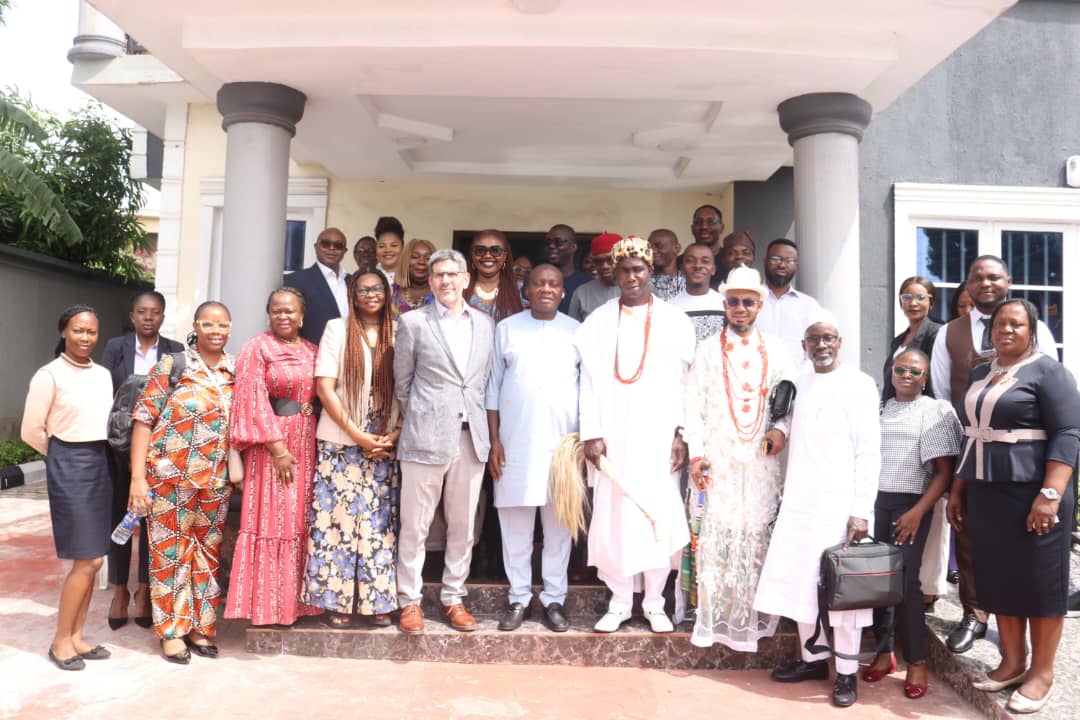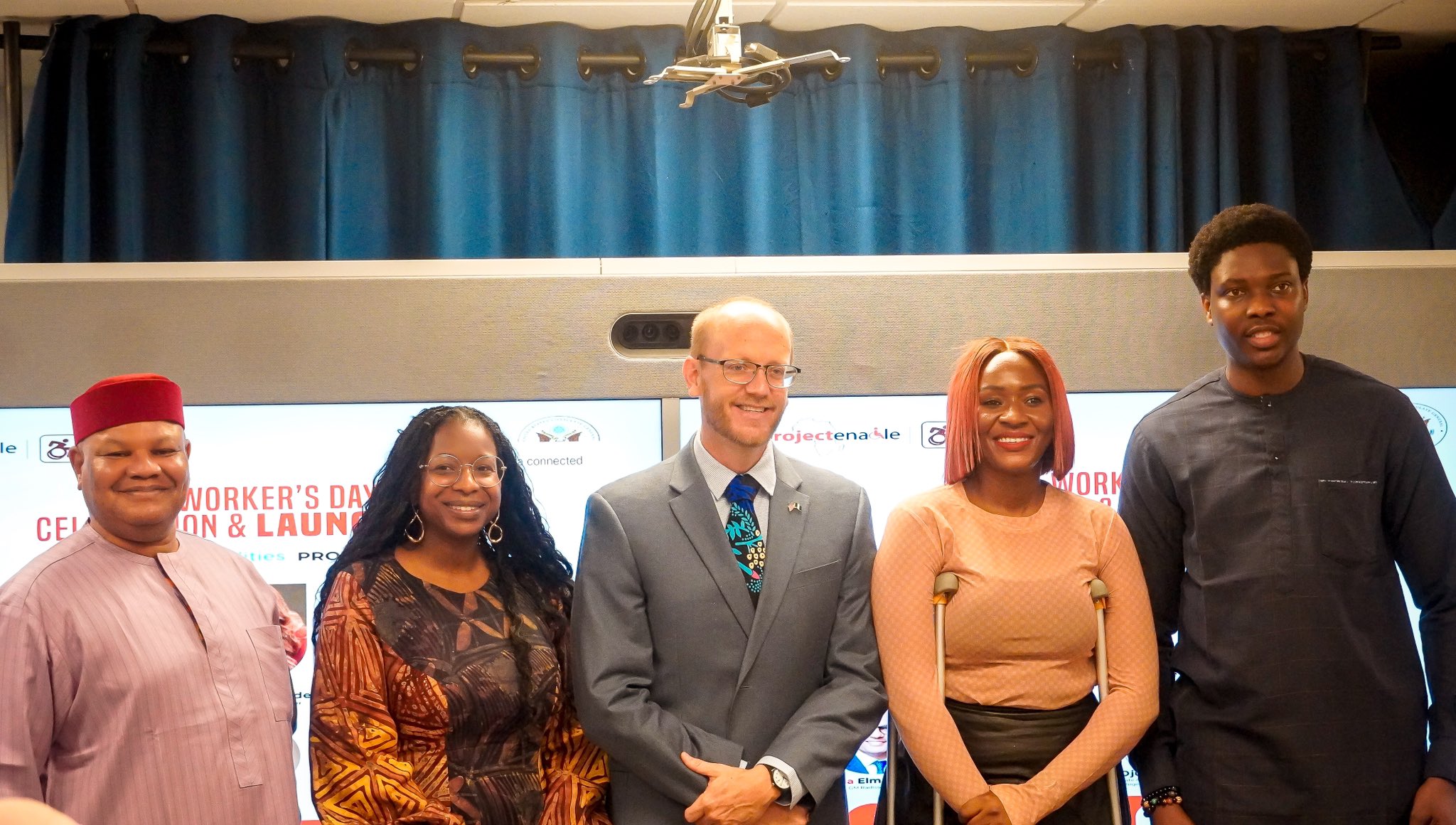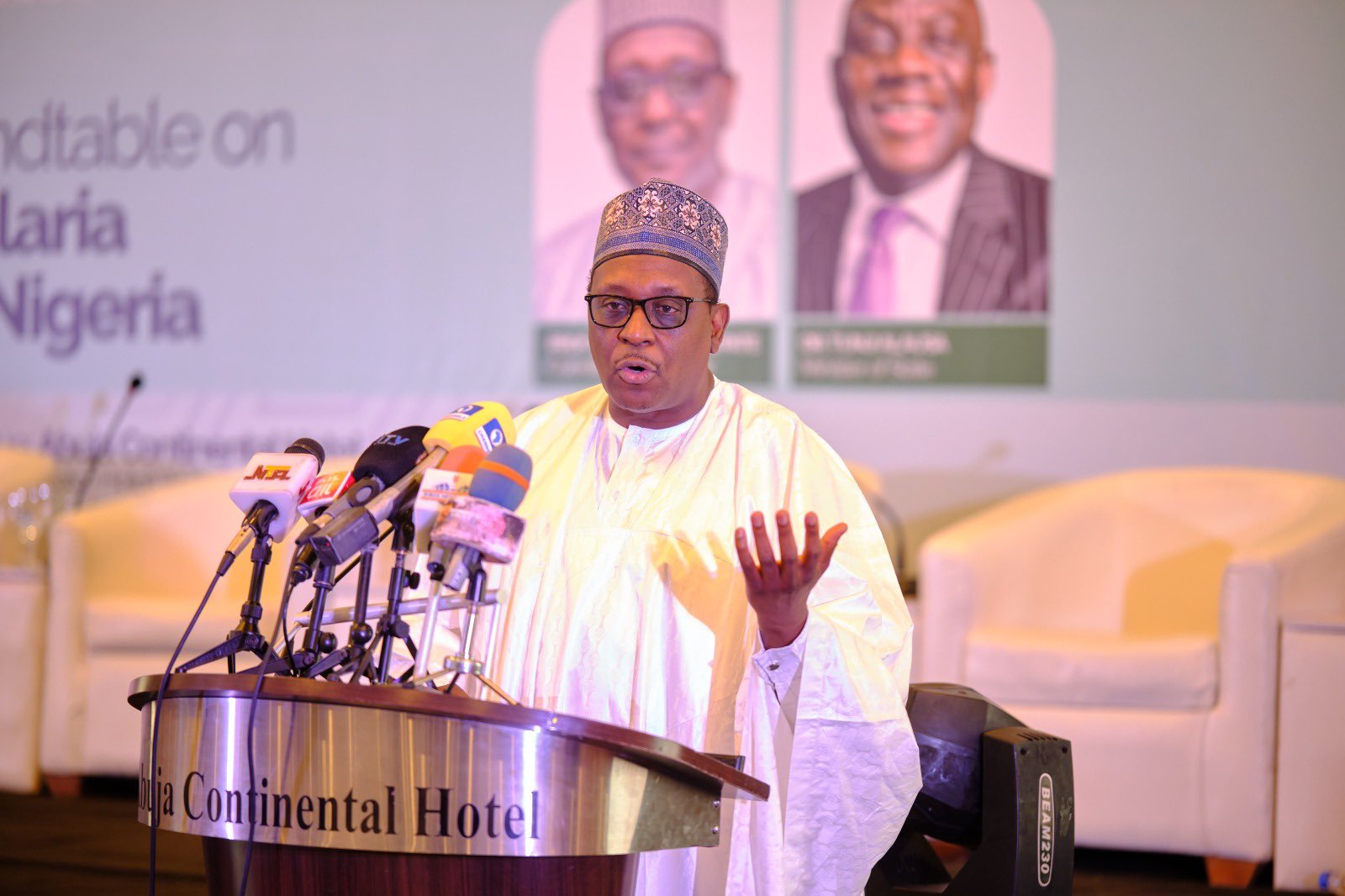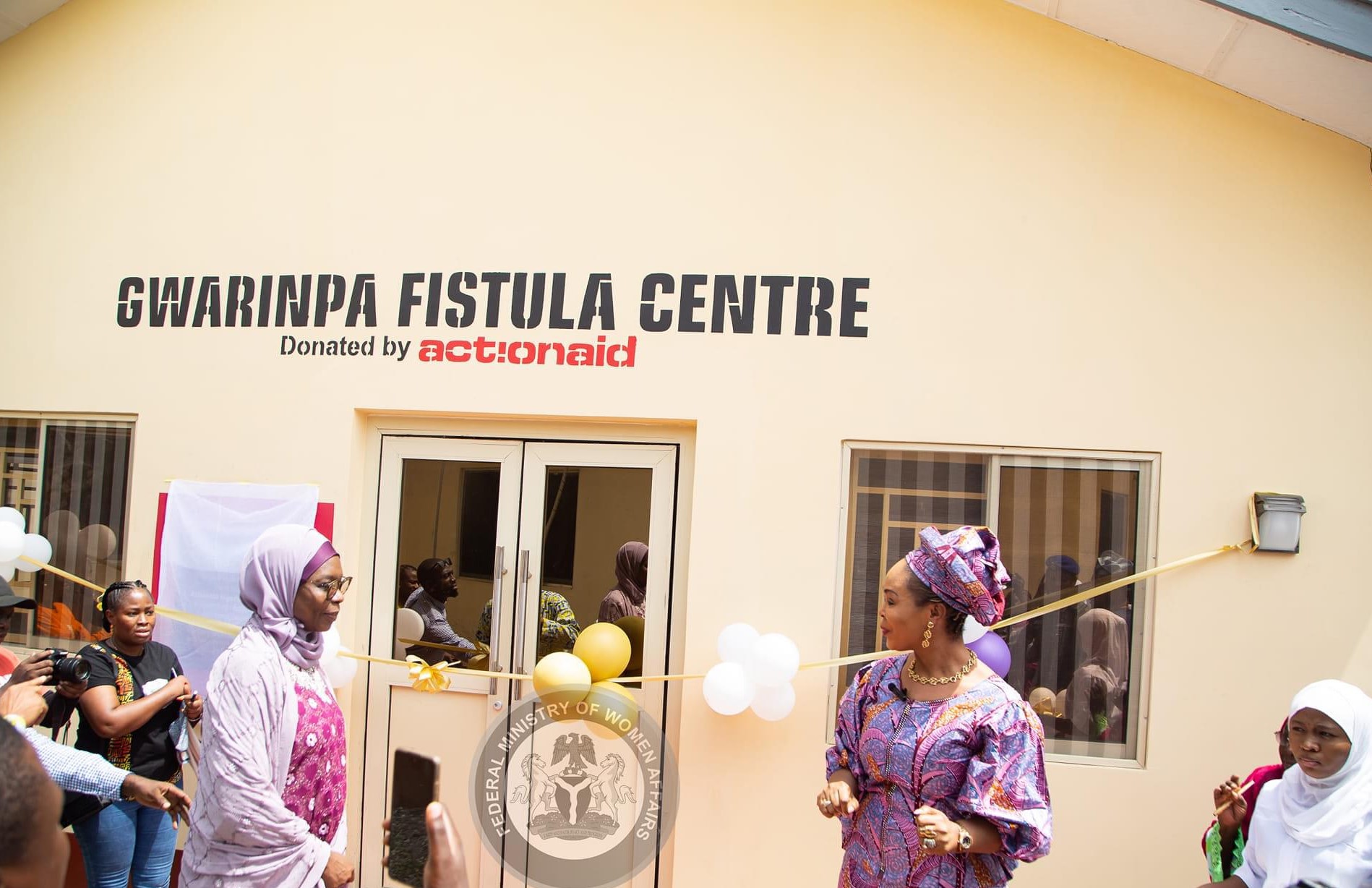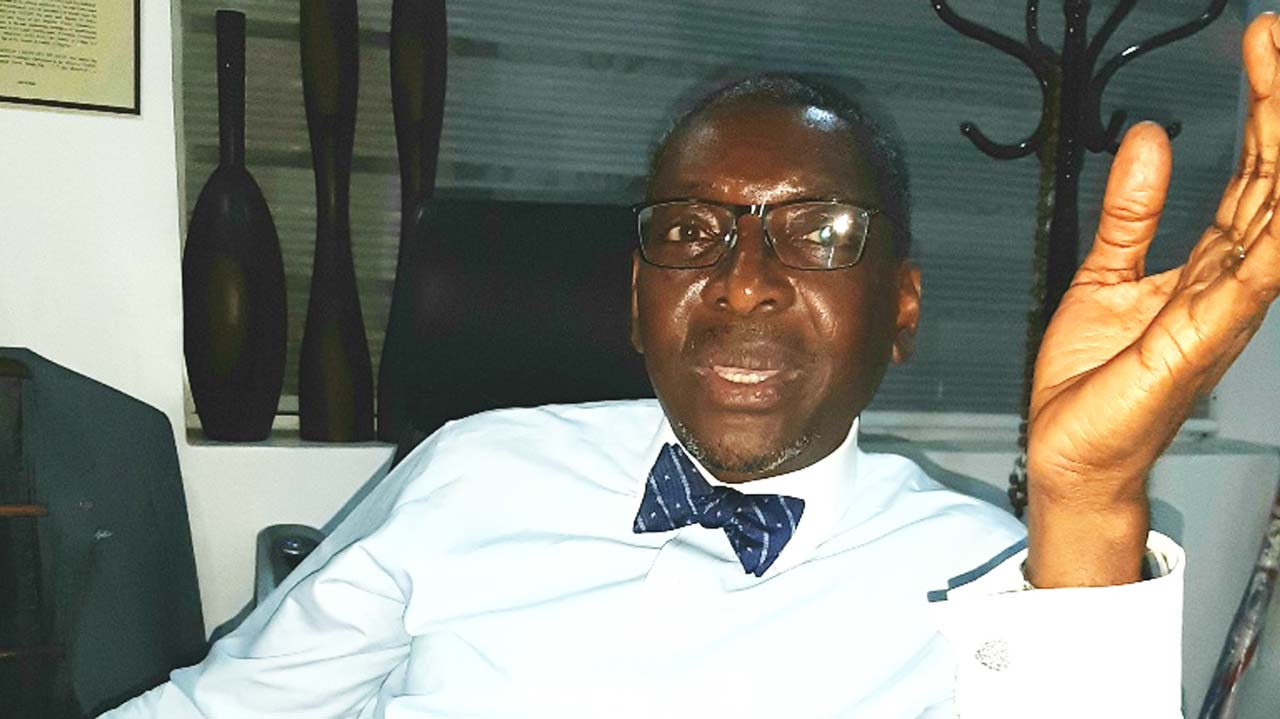The Ford Foundation civil society partners, with support from the Ford Foundation, held a meeting to discuss host community development trusts (HCDTs) implementation in Nigeria.
The event, organised by Spaces for Change, brought together legislators, representatives from civil society organisations (CSOs), traditional councils, host communities, regulatory bodies, and oil & gas companies.
Participants discussed the potential of HCDTs, introduced in Nigeria’s Petroleum Industry Act (PIA), to serve as channels for directing benefits to communities affected by oil and gas extraction.
They also discussed how HCDTs offer greater advantages to host communities, compared to earlier models such as the global memoranda of understanding (GMOUs).
Advertisement
Concerns were raised regarding various aspects of the implementation process, including flawed selection processes for boards of trustees, ambiguity surrounding the allocation of the 3 percent OpEx, power imbalances between corporations and host communities, lack of environmental accountability during divestment, and the absence of independent monitoring and evaluation mechanisms.
Speaking at the meeting, Baridam Suani T.Y of the Ogoni traditional council, emphasised the urgent need for environmental accountability.
“Diversification without environmental accountability is a dangerous activity. Operators should think of the environment first, and take care of liabilities before leaving the HC permanently,” he said.
Advertisement
Chichi Aniagolu-Okoye, regional director of Ford Foundation West Africa, assured grantees of the foundation’s commitment to natural resource and climate change initiatives through the provision of funding for the next five years for civil society actors in these focus areas.
On his part, Martin Abregu, vice-president of international programs at the Ford Foundation, commended grantees for their key interventions aimed at improving democracy and the extractive sector.
“It is encouraging to see different players sitting around the table to have conversations about interventions in areas of climate change, community rights, community engagement, and community participation to ensure that we build long-term consensus on the kind of development we need for the future”, he said.
Advertisement
Add a comment
